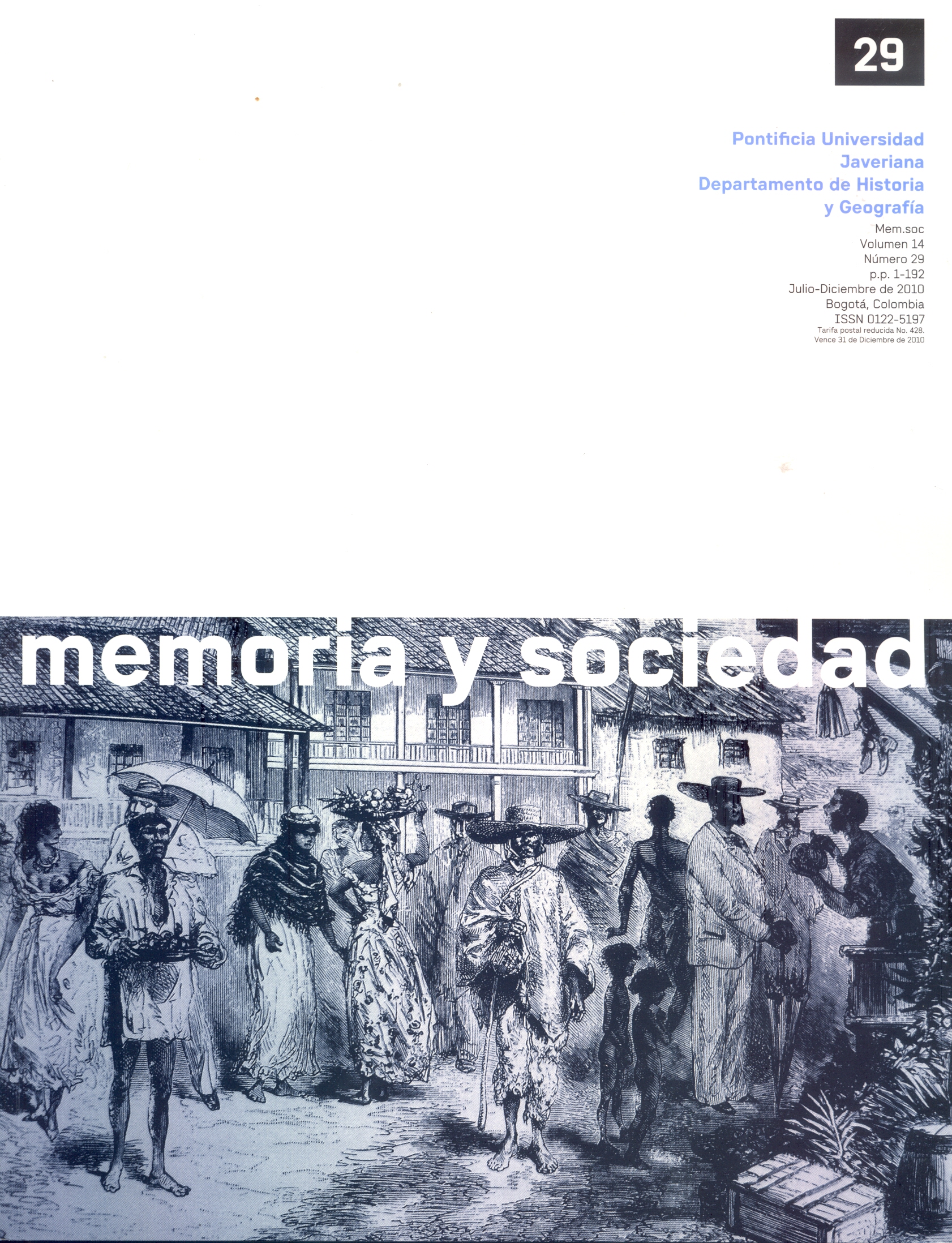Abstract
This article intends to highlight the political and intellectual implications of nuclear energy in India beyond “traditional” security approaches. It elicits the process whereby local postcolonial elites felt identified and characterized scientific and technological research as a tool for boosting “progress” and national development. That explains why nuclear energy came to represent not only the most evident expression of “European modernity”, but also a mechanism capable of producing secular knowledge, and thence, a modern space. Through the analysis of the personal files of Jawaharlal Nehru and Homi J. Bhab – “fathers” of the Indian nuclear program – and a critical dialogue with earlier literature on the subject, it is argued that nuclear energy produced a semantic field in the discursive space of the nation, which development and refinement acquired the condition sine qua non to achieve “European modernity”.The journal Memoria y Sociedad is registered under a Creative Commons Attribution 4.0 International Public License. Thus, this work may be reproduced, distributed, and publicly shared in digital format, as long as the names of the authors and Pontificia Universidad Javeriana are acknowledged. Others are allowed to quote, adapt, transform, auto-archive, republish, and create based on this material, for any purpose (even commercial ones), provided the authorship is duly acknowledged, a link to the original work is provided, and it is specified if changes have been made. Pontificia Universidad Javeriana does not hold the rights of published works and the authors are solely responsible for the contents of their works; they keep the moral, intellectual, privacy, and publicity rights.
Approving the intervention of the work (review, copy-editing, translation, layout) and the following outreach, are granted through an use license and not through an assignment of rights. This means the journal and Pontificia Universidad Javeriana cannot be held responsible for any ethical malpractice by the authors. As a consequence of the protection granted by the use license, the journal is not required to publish recantations or modify information already published, unless the errata stems from the editorial management process. Publishing contents in this journal does not generate royalties for contributors.

